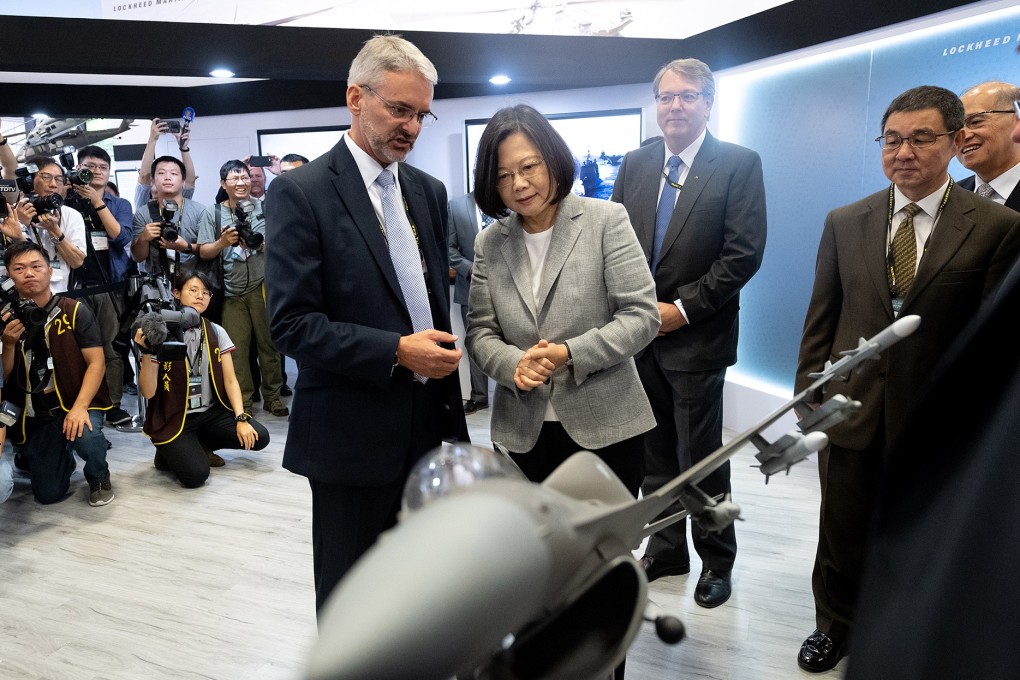Trump administration notifies US Congress of plan to sell F-16s to Taiwan
- US State Department approves sale of F-16 fighter jets to Taiwan, while Defence Department notifies Congress
- Approval comes days after Beijing warns of ‘consequences’ if sale is completed

The Trump administration formally notified Congress on Tuesday of its plans to authorise an US$8 billion sale of 66 F-16 fighter aircraft to Taiwan over Beijing’s objections, in a step that makes the deal all but certain.
The State Department said it approved the sale to the Taipei Economic and Cultural Representative Office in the United States, Taiwan’s de facto embassy, and the Defence Security Cooperation Agency, an arm of the Department of Defence, delivered formal notification to Congress. Both steps are required for such deals.
The Chinese foreign ministry hit back on Wednesday, saying Beijing would take countermeasures.
“China will take all necessary measures to safeguard our interests, including imposing sanctions on the US companies taking part in this arms sale to Taiwan,” ministry spokesman Geng Shuang said.
A US State Department spokesman said the deal did not change Washington’s long-standing adherence to the “one China” policy.
While Washington is committed to defending Taiwan under its Taiwan Relations Act, passed soon after the US re-established formal diplomatic relations with Beijing, the law’s wording is ambiguous, and recent administrations have been relatively wary of upsetting relations with China. The last sale of military aircraft to Taipei was a quarter century ago.